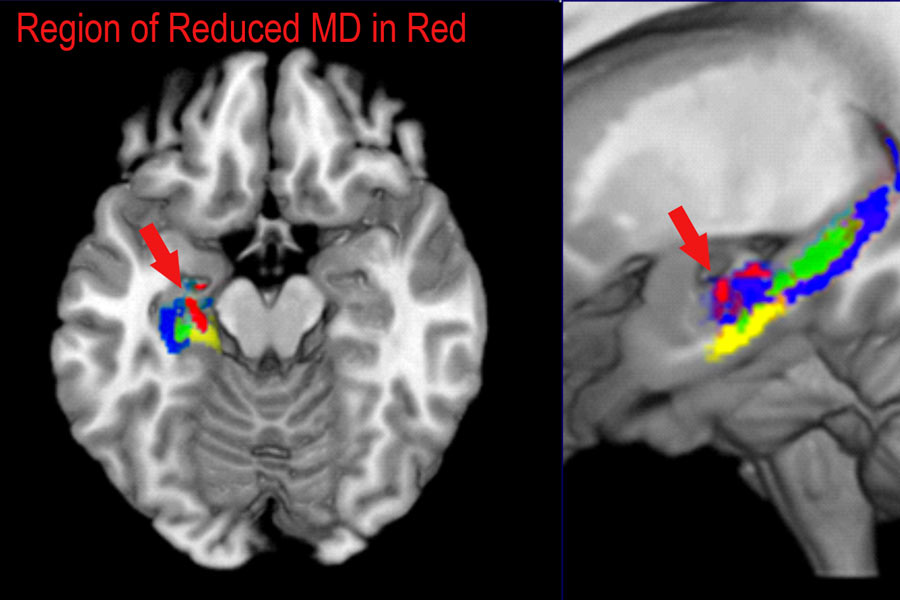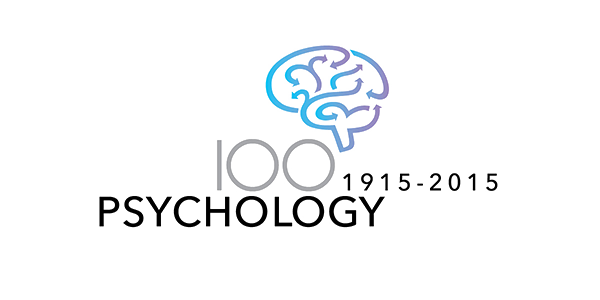
Three Ways Studying Organic Chemistry Changes the Brain
Media Contact
Abby Simmons
412-268-6094
Academic learning is about gaining new knowledge and skill, but only recently has it been possible to see new knowledge appear in a human brain.
A new study from Carnegie Mellon University researchers using multiple imaging modalities shows that learning scientific information results in changes in the actual structure of memory-related areas of the brain, changes due to the encoding of the new information in these memory-related brain areas, and changes in the coordination among the network nodes that jointly contain the new information.
"These new discoveries about the neuroscience of learning open the possibility of informing and enhancing instructional methods in science," said Marcel Just, the D.O. Hebb University Professor of Psychology at CMU's Dietrich College of Humanities and Social Sciences.
For the study, Just and co-author Timothy Keller, adjunct professor of psychology, taught college students who were not chemistry majors the names and molecular structure of nine organic compounds, including ethanol, while the students were in an MRI scanner.
READ MORE
Pictured above: The region of left hippocampus in red shows decreased mean diffusivity (MD) after learning. The following hippocampal subregions are shown: Cornu Ammonis (CA) in blue; dentate gyrus in green, and subiculum in yellow.
